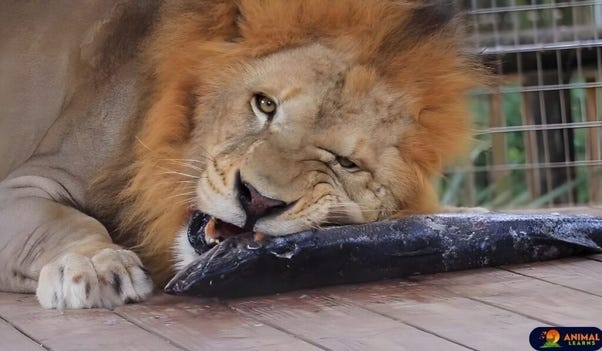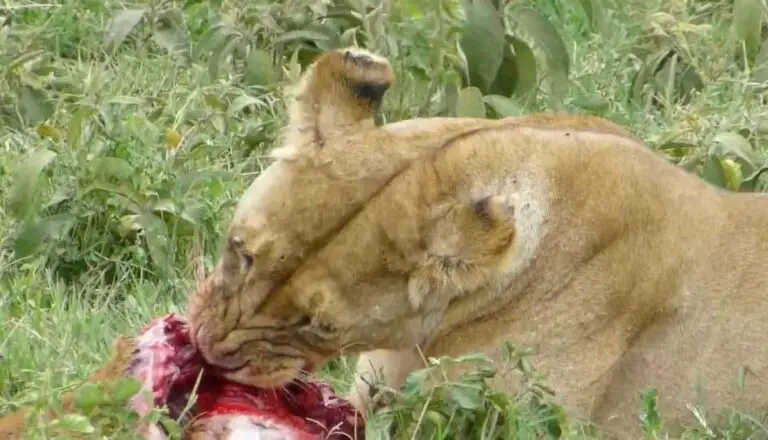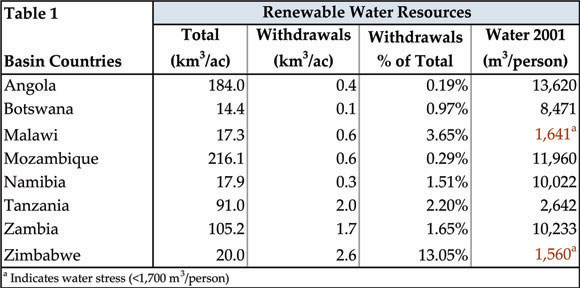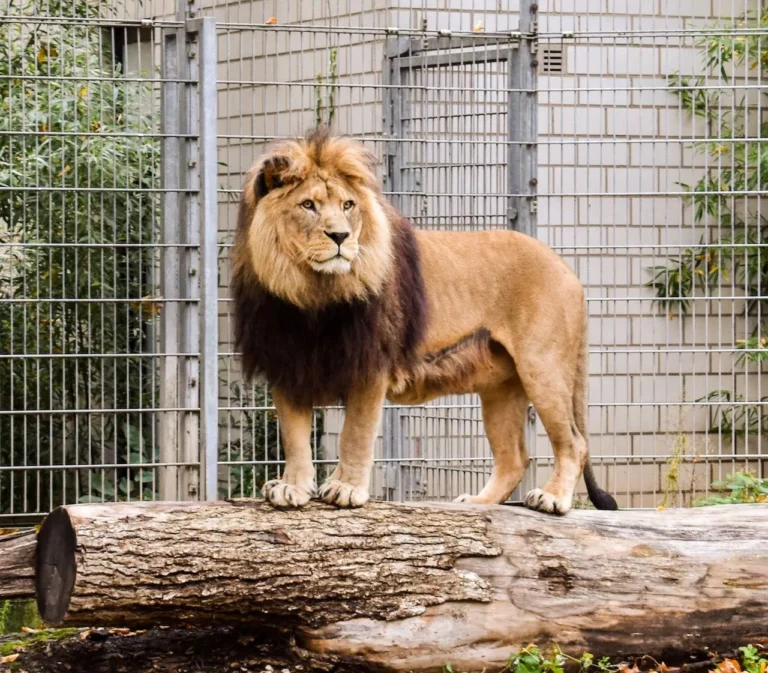Do Mountain Lions Hibernate
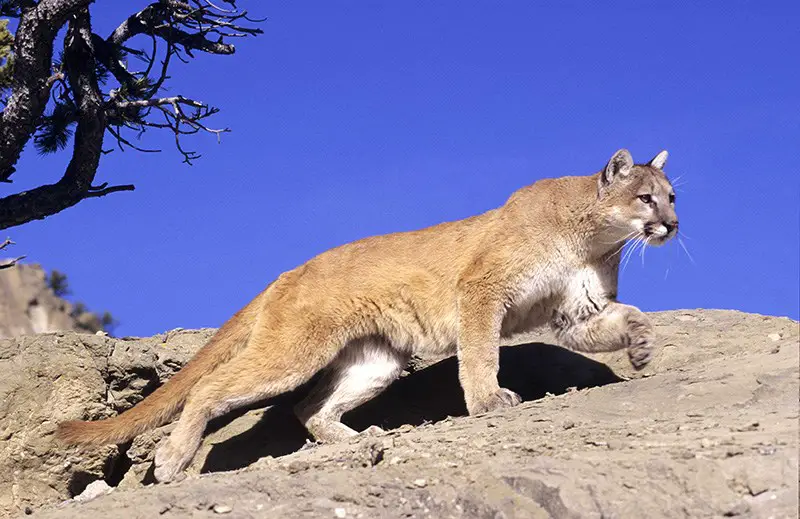
Mountain lions do not hibernate; they remain active throughout the year. Despite not hibernating, mountain lions have adaptations that help them survive winter conditions, such as finding refuge in trees, dens, or caves.
Mountain lions, also known as cougars or pumas, are impressive and formidable predators that inhabit various regions of North and South America. While many animals hibernate during the winter months to conserve energy and withstand harsh conditions, you may be wondering if mountain lions follow this pattern as well.
We will explore whether mountain lions hibernate and delve into their behaviors and adaptations during the winter season. Understanding how these apex predators navigate the winter landscape can provide valuable insight into their survival strategies. So, let’s uncover the truth about mountain lion hibernation and discover how they endure the cold and snowy months.
Mountain Lions And Hibernation
Mountain lions, also known as cougars or pumas, are fascinating creatures with intriguing behaviors. One common question that arises is whether mountain lions hibernate. Hibernation is a state of prolonged torpor in which animals conserve energy during the winter months. While many animals, such as bears, ground squirrels, and bats, hibernate, mountain lions do not follow this pattern.
Despite not hibernating, mountain lions have unique adaptations that enable them to survive in winter conditions. They have dense fur that provides insulation and keeps them warm. They also possess well-developed muscles and powerful legs, which allow them to navigate through deep snow. In extreme weather, mountain lions seek shelter in trees, caves, or dens for safety.
During winter, their hunting patterns may change due to a decrease in prey availability. Instead of actively hunting, mountain lions may rely on cached food if they have previously stashed a kill. They also conserve energy by reducing their activity and resting more.
So, while mountain lions do not hibernate like some other animals, they do exhibit behaviors and adaptations that help them survive the winter season.
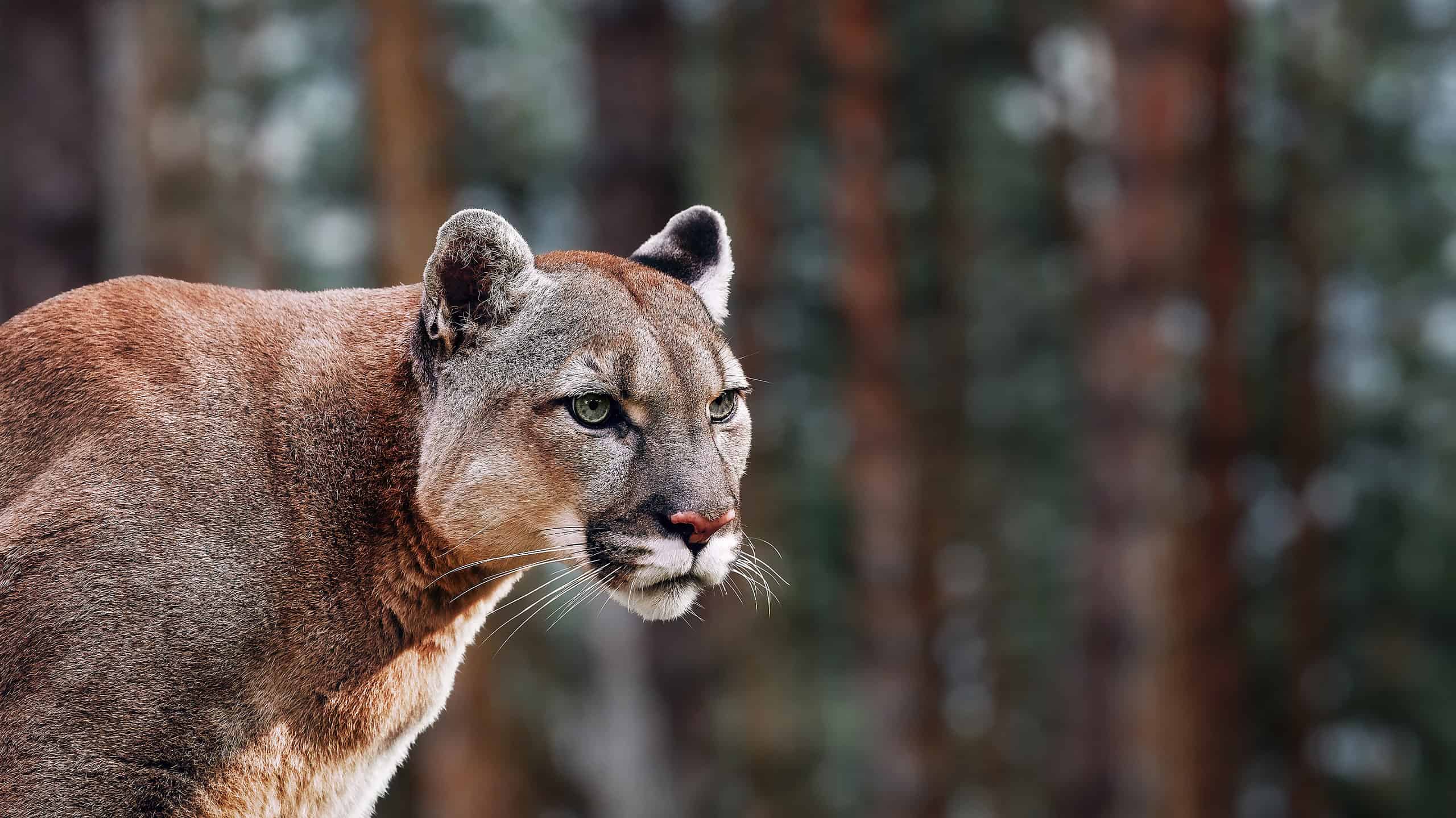
Credit: a-z-animals.com
Understanding Mountain Lion Behavior
Mountain lions, also known as cougars, do not hibernate during the winter. Instead, they have anatomical adaptations and take refuge in trees, dens, or caves to survive harsh winter conditions. These formidable predators stay active throughout the year, hunting prey such as deer, porcupines, and rabbits.
| Do Mountain Lions Hibernate? |
What Is Hibernation?
Mountain lions, also known as cougars, do not hibernate. They are active throughout the year and do not establish permanent dens. Instead, they rely on anatomical adaptations and seek refuge among trees, dens, or caves for safety during extreme winter conditions.
Mountain lions do not hibernate. Unlike many other animals, mountain lions stay active throughout the year. They are not known to establish permanent dens or enter a state of hibernation. Instead, they rely on their adaptability and hunting skills to survive during the winter months. In extreme winter conditions, mountain lions may seek refuge among trees, dens, or caves for safety. However, they do not enter a prolonged period of inactivity like true hibernators. Mountain lions are formidable predators that remain active and continue hunting throughout the year, making them apex predators in their ecosystems.Do Mountain Lions Hibernate?
Mountain lions, also known as cougars or pumas, do not hibernate during the winter. Contrary to popular belief, these formidable predators stay active throughout the year. However, they do have anatomical adaptations that help them survive in extreme winter conditions. In search of safety, mountain lions may take refuge among trees, dens, or caves. These solitary animals do not establish permanent dens and continue to roam their territories regardless of the season.
Winter Adaptations Of Mountain Lions
Mountain lions, also known as cougars or pumas, are remarkable animals that have adapted to survive in various environments, including the winter season. One of their adaptations is the development of a thick winter coat, which helps them stay warm in colder temperatures. This dense fur not only provides insulation but also acts as camouflage, blending into snowy environments and making them less visible to potential predators or prey.
In addition to their winter coat, mountain lions also exhibit behavioral adaptations that aid in their survival during the winter. They are highly skilled at hunting and can track their prey through the snow. They are known to be patient and stealthy, using their powerful hind legs to leap great distances to catch their prey. Mountain lions are also opportunistic feeders, meaning they will eat a variety of animals, including deer, small mammals, and even birds if necessary.
Overall, while mountain lions do not hibernate during the winter, they have developed physical and behavioral adaptations that enable them to thrive in snowy environments and continue hunting for their food.

Credit: jakesnatureblog.com
Where Do Mountain Lions Go In Winter?
Mountain lions, also known as cougars, are formidable predators that stay active throughout the year. Unlike some other animals, they do not hibernate during winter. However, they have several anatomical adaptations and survival strategies to cope with the cold weather.
In extreme winter conditions, mountain lions seek shelter among trees, dens, or caves for safety. These provide protection from harsh weather and potential predators. Additionally, seeking shelter helps conserve energy and allows them to wait for suitable hunting opportunities.
Speaking of hunting, mountain lions are known for their stealth and ambush tactics. They primarily prey on deer but also eat small animals like porcupines, rabbits, squirrels, marmots, and skunks. During winter, they may have to adjust their hunting strategies based on the availability and movements of their prey.
Interaction with humans can also play a role in a mountain lion’s behavior during winter. They tend to avoid human settlements and are generally elusive and solitary animals. However, encounters can occur, particularly in areas where human activities overlap with their habitat.
In conclusion, while mountain lions do not hibernate, they adapt to winter conditions by seeking shelter, adjusting their hunting strategies, and minimizing interaction with humans.
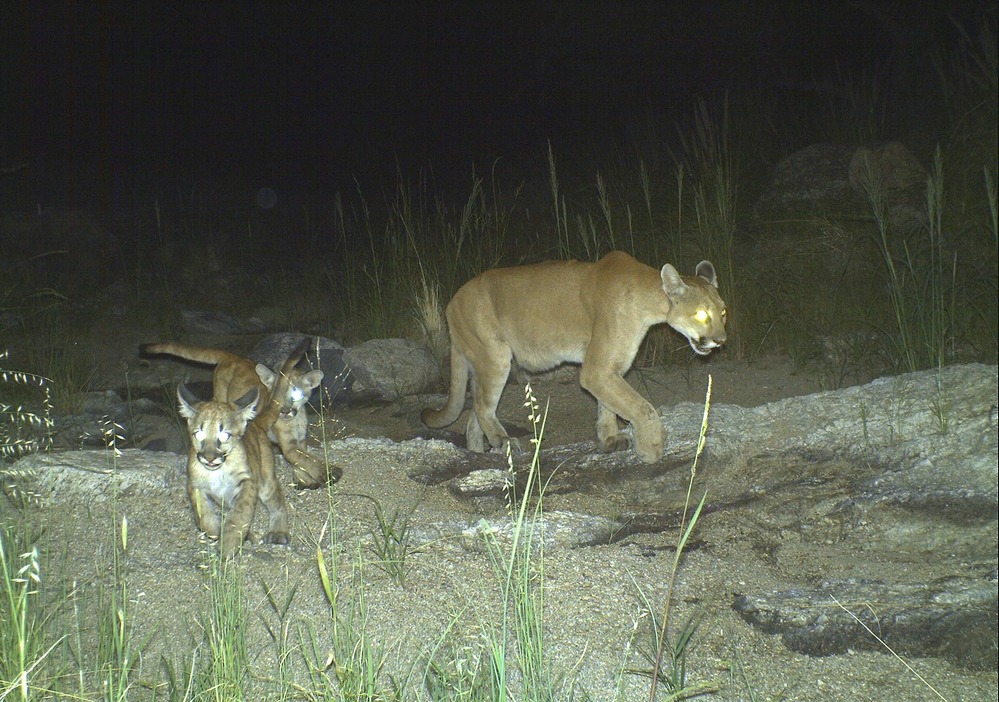
Credit: www.nps.gov
Frequently Asked Questions On Do Mountain Lions Hibernate
What Do Lions Do In The Winter?
During the winter, lions do not hibernate. They stay active and do not establish permanent dens. They may seek refuge in trees, dens, or caves for safety during extreme winter conditions.
Do Mountain Lions Roam At Night?
Mountain lions do not hibernate, so they roam at night. They are most active at dawn and dusk when their prey, such as deer, are also active. Mountain lions are carnivores and mainly eat deer, but they also consume smaller animals like porcupines, rabbits, and skunks.
Do Mountain Lions Hibernate In California?
Mountain lions do not hibernate in California. They are active throughout the year and do not establish permanent dens. In extreme winter conditions, they seek refuge among trees, dens, or caves for safety. They have anatomical adaptations that help them survive during the winter.
Where Do Mountain Lions Go During The Day?
Mountain lions do not hibernate during the day. They tend to spend their days in dense cover and become more active at dawn and dusk when their prey, such as deer, are active. Mountain lions are carnivores and primarily feed on deer, but they also eat small animals like porcupines, rabbits, squirrels, marmots, and skunks.
Conclusion
Mountain lions do not hibernate. They are active throughout the year and rely on their anatomical adaptations to survive the winter. Although they may seek refuge in trees, dens, or caves during extreme winter conditions, they do not enter a state of hibernation like some other animals.
Mountain lions are formidable predators that continue their hunting and roaming habits regardless of the season.

